The views expressed in our content reflect individual perspectives and do not represent the official views of the Baha'i Faith.
Everything in war is barbaric… But the worst barbarity of war is that it forces men collectively to commit acts which individually they would revolt with their whole being. – Ellen Key
Nothing enduring can be built on violence. – Gandhi
Nonviolence is not inaction. It is not discussion. It is not for the timid or weak… Nonviolence is hard work. – Cesar Chavez
It is forbidden to kill; therefore all murderers are punished unless they kill in large numbers and to the sound of trumpets. – Voltaire
The shafts of intrigues and diplomatic deceits have blackened the sky of man’s conscience. – Abdu’l-Baha, Star of the West, Volume 4, p. 164.
Growing up, I had a strong aversion to violence, which I learned from my violent, ex-Marine father. When other boys fought, I wanted nothing to do with it. I knew that fists solved nothing. When I got old enough, I made a serious commitment to the anti-war movement, working to end the war in Vietnam and all other wars, as well. So when it came time to go to war, I searched my conscience and decided that I would refuse to kill.
I had to make that decision at the tender young age of eighteen. On my 18th birthday, two little index card-sized pieces of paper determined my future—I became a Baha’i by signing my Baha’i declaration card; and I began the process of becoming a conscientious objector by checking a box on my United States Selective Service draft card registration form.
During that period in American history, the law required every “able-bodied male” to register for the draft at 18, and indicate, by checking one of three boxes on the card, whether they would kill people. Try that some time—it does tend to focus the conscience.
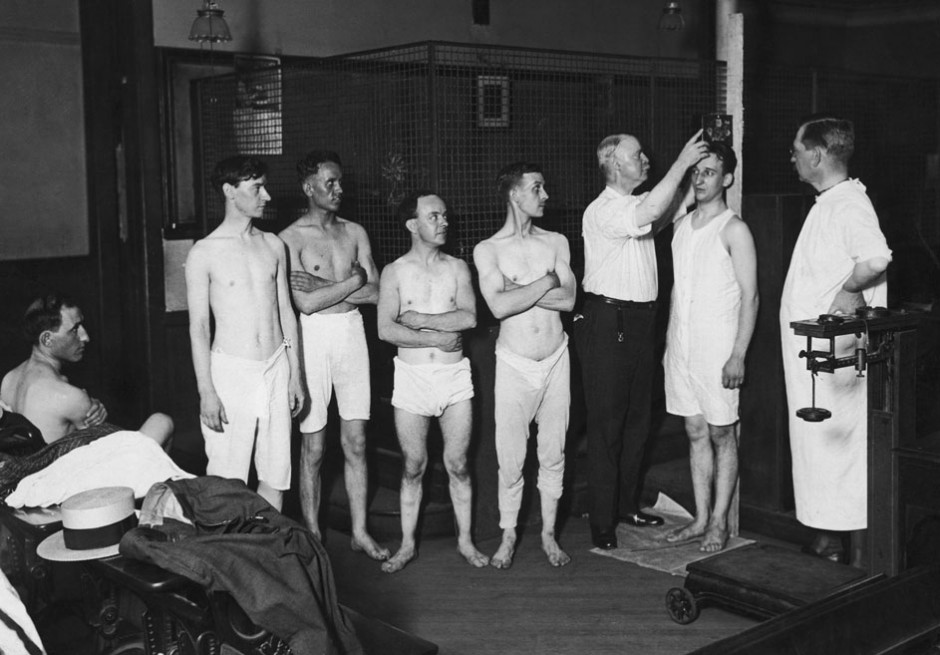
Here’s how it worked: every teenage boy had three choices, and three possible active draft classifications. If you had no objection to killing others—or even if you did, but couldn’t prove it—you received a “1-A” draft status, which meant you could be drafted immediately and sent to the war in Vietnam, after a few months of some rudimentary weapons and combat training. Several draft “deferments” existed—if you had the money to go to college, for example, you could avoid the draft and the military as long as you stayed in school. I didn’t have the money, and neither did the vast majority of the draftees, which explains why predominantly poor people fought the Vietnam War.
If you didn’t have the money for college, or a legitimate medical reason for a deferment, and your conscience prohibited you from killing anyone, you had two other choices. You could check the box that said 1-O (the “O” stood for “objector”), and be drafted into “alternative service.” To do so, you had to prove that your religious beliefs completely prohibited you from engaging in all wars, and wouldn’t permit you to enter any military for any reason. For absolute pacifists—Buddhist monks, for example—this status made sense. People with 1-O status could serve two years in a similar, low-paid position, like working in a hospital, to discharge their duty to the country. This draft status, during the Vietnam years, was very difficult to get, because the draft boards rarely granted it to anyone.
The Selective Service gave you one other choice: a 1-AO status. That meant you would be drafted into the Army; but not trained to kill. Instead, most 1-AO draftees became medics, and went to war without weapons. Some called 1-AO “non-combatant status”—but that was a joke, because medics usually operated right at the front lines of combat, rescuing and treating the wounded. I checked the 1-AO box.
My friends thought I had lost my mind. One asked “Why don’t you just dodge the draft by going to Canada, or go to prison for your anti-war beliefs?”
“Because I’d just be avoiding my responsibility, and then someone else would have to go to war in my place,” I said. “And I’d have to live with that for the rest of my life.”
Another friend said “Go to war without a gun? You’re absolutely insane.”
“A gun can’t stop a bullet,” I told him.
“It can sure stop the guy who’s firing that bullet at you,” he argued.
“Not unless I’m willing to kill that guy,” I said, “and I won’t do that.”
When he asked why, I said “Because I believe what Baha’u’llah says: “Let no soul slay another.”
Let none contend with another, and let no soul slay another; this, verily, is that which was forbidden you… What! Would ye kill him whom God hath quickened, whom He hath endowed with spirit through a breath from Him? Grievous then would be your trespass before His throne! Fear God, and lift not the hand of injustice and oppression to destroy what He hath Himself raised up; nay, walk ye in the way of God, the True One. – Baha’u’llah, The Most Holy Book, p. 45.
A year later, in Vietnam, I had many, many occasions to reflect on my decision, lots of them harrowing and life-threatening. To this day, I regard that seminal decision, borne out of my teenage conscience and the powerful guidance of the Baha’i teachings, as one of the best decisions I’ve ever made.
Why? Because it saved my life—my inner, spiritual life—from the terrible, devastating psychological impact of taking other lives, and the lifelong pain and PTSD that usually results. I believe it saved the lives of people I’ll never know, and their children, and their children’s children. It taught my mind and soul that I would always oppose war, and devote my life to its extinction. It made me realize that standing up for my beliefs and putting them into action made those beliefs real.


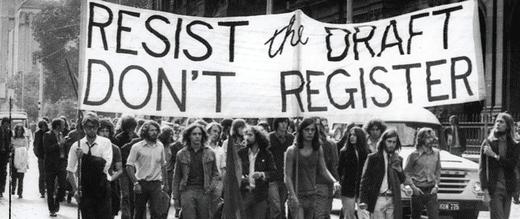




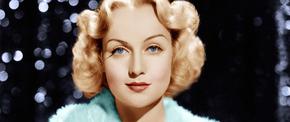
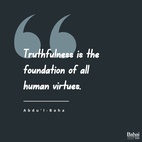
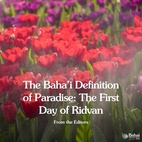







Comments
Sign in or create an account
Continue with Facebookor